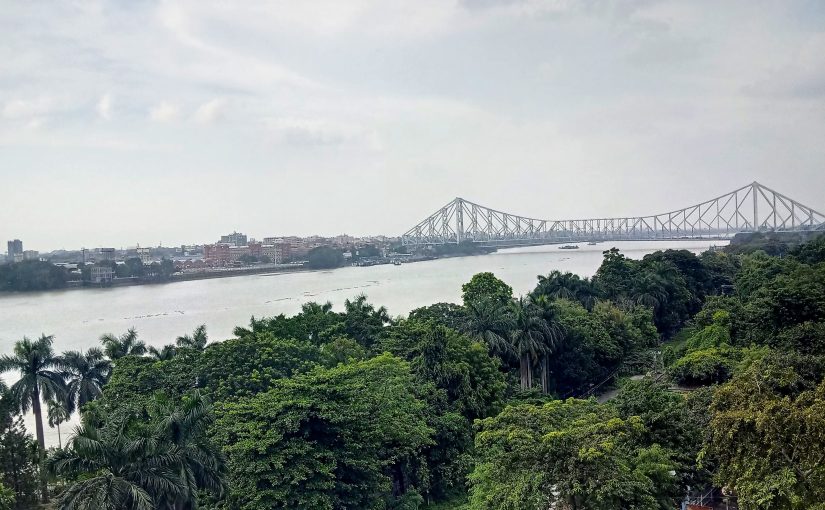By
|
Getting your Trinity Audio player ready...
|
Property has a very wide meaning in its real sense. It not only includes financial wealth and other tangible things of value but also includes intangibles. These tangibles and intangibles can be anything that can serve as a source of income or wealth. In this article, we explore what is property, its meaning, and its types. Once you understand its meaning, you can understand more about its nuances in India and its role in properties in Kolkata.
What is Property?

The term property describes anything that someone – a person or a business has a legal title over. By having a legal title, the owners have some enforceable rights over it. It can be of two broad types – tangible and intangible.
- Tangible can include automotive vehicles, industrial equipment, furniture, and real estate. Real estate is called “real property”.
- Intangible describes those assets that have current or potential value but do not have any intrinsic value of their own. They carry the promise of future worth such as stock and bond certificates.
A third category that is also categorized under the Intangible category is called Intellectual. These can be things that are not physical in nature but still carry significant value. These can be things like design concepts, song lyrics, book manuscripts, screenplays, etc. Examples include the logo of a company like Puma or the recipe for a Mcdonald’s burger. To enforce their ownership of an intangible asset, individuals or businesses can hire lawyers to legally protect themselves and their items.
Now that we have understood in broad terms what is property, let us look at the different types of assets in India. If you are considering buying some, you can also read about how to check property ownership online in India.
What are Property types in India?
In India, the concept or idea of land has been legally enforced by way of various enactments such as Benami Transactions (Prohibition, Act) 1988 and the Sale of Goods Act, 1930. There are different types of property in India which can be classified into:
What is Property: Movable and Immovable
In layman’s terms, a moveable property is anything that one can move from one place to another without causing any damage to it. Immovable, on the other hand, is the one that cannot be moved from its original place. However, there are some exceptions.
What is Movable Property?
As per law, under Section 2(9) of the Registration Act, 1908, “Movable property includes standing timber, crops, and grass, fruit upon and juice in trees, and asset of every other description, except immovable ones.”
Section 22 of IPC defines movable ones as, the words “movable property” are intended to include corporeal part of every description, except land and things attached to the earth or permanently fastened to anything, which is attached to the earth.
What is Immovable Property?
Section 3(26) of the Transfer of Property Act describes an immovable asset as all the immovable objects and rights, except timber, grass, and crops.
Section 3(26) of the General Clauses Act, describes “Immovable Property” shall include land, benefits to arise out of the land, and things attached to the earth or permanently fastened to anything attached to the earth.
What is Property: Private and Public
Private property designates a legal and non-governmental entity with the ownership of an asset. This can either include personal or capital goods. The political system of the country supports and enforces the concept of private assets. When an individual owns a particular asset for personal use and benefits, it is a private asset. This can be any tangible or intangible object owned by an individual or a corporation, for example, land, buildings, copyrights, patents, etc.
Public asset, as signified by their name, belongs to the public and is owned by the state. This thus belongs to the public as a whole and not to any one individual or firm. Public assets include parks, hospitals, public toilets, etc. Any amenities or premises that the government or a community manages are termed public land. The government or community manages this amenity for the convenience of the public and for their benefit.
The important terms in Indian real estate
We hope this guide was helpful in understanding what is property, its meaning, and its various types. It is generally considered to be an asset as it has some current, or potential monetary value. However, in some cases, it can also be a liability in some situations. For example, if someone sustains an injury while on your asset, you may be legally responsible to pay their medical bills.
One can determine an individual’s net worth by calculating the total value of the assets they own. This can include but is not limited to, cars, jewelry, stocks, bonds, savings, and most importantly real estate, for example, housing projects in Kolkata, etc. Their liabilities and debts are subtracted from this number to arrive at their net worth.
If you enjoyed reading this blog, you can also consider reading our blog on property tax, which details how to check property ownership online in India, how to change the name in property tax online, etc, and our blog on EM bypass flats and new flat in Beliaghata to explore options for new homes.
FAQs
The term property describes anything that someone – a person or a business has a legal title over. By having a legal title, the owners have some enforceable rights over the said asset.
Tangible can include automotive vehicles, industrial equipment, furniture, and real estate.
Intangible describes those assets that have current or potential value but do not have any intrinsic value of their own. They carry the promise of future worth such as stock and bond certificates.
Intellectual Property can be things that are not physical in nature but still carry significant value. These can be things like design concepts, song lyrics, book manuscripts, screenplays, etc.
The first step to check details online is to find the online portal that is applicable for your state. This online portal will help you easily check land and records online. All major states, which includes Gujarat, Maharashtra, Karnataka, Tamil Nadu, Punjab, Bihar, Rajasthan, Uttar Pradesh and Madhya Pradesh have an online portal. All of these states maintain their land and records online.
Leave a comment







